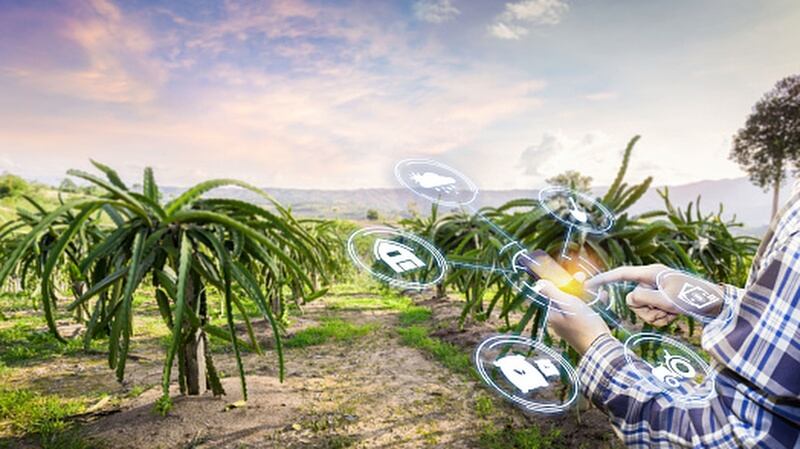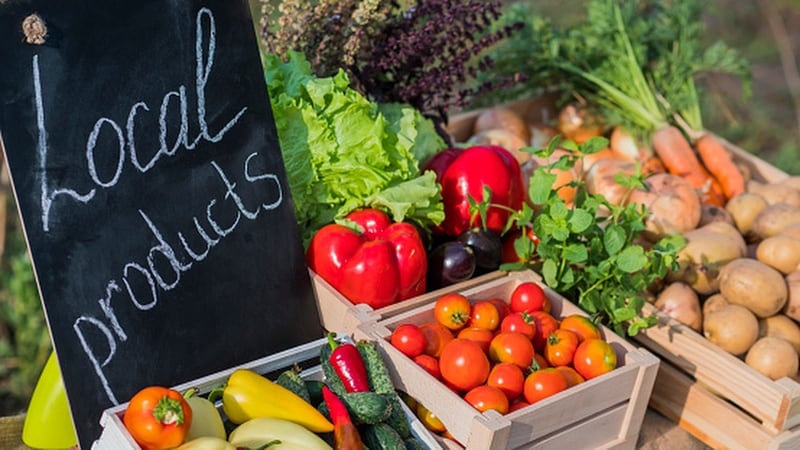This was the opinion of experts speaking at the recent Asia-Pacific Agri-Food Innovation Summit in Singapore, in a session discussing the use and impacts of artificial intelligence or AI in the industry and possible outcomes.
“As the largest producer of certified sustainable palm oil in the world, much of which is used in the food and beverage sector, Sime Darby operates almost 750,000 hectares of oil palm plantation,” Sime Darby Plantation Head of Digital Upstream Firdaus Asari told the floor.
“For many years, this was all managed via manual labour – but when the pandemic hit in 2020 and we were faced with a labour crunch due to borders closing, that was when we came to the realisation that the industry had been too comfortable for too long, and it could easily have had a lot of negative consequences for a US$4.44bn industry.
“This really drove the palm oil industry in Malaysia to change our thinking, particularly in terms of how to reduce the labour requirements and the conclusion was that we needed to create unique solutions because at the time every single task needed human dexterity and physical effort.
“This was where AI came into the picture and helped us to improve yield production, automation and optimisation, and it has made a world of difference.”
Sime Darby also complemented its investment into digitalisation with drone and satellite technology in order to get a wider visual picture.
“This drone and satellite data was invaluable in helping us to see where the most suitable areas were to plant the new oil palms, or for monitoring and early detection of any palm health hazards,” he added.
“The speed of detection was crucial as often if detected early on these can be addressed by methods other than pesticides or fertiliser, so we could also use less of these which is something that appeals to many consumers.”
Will robots take over?
However, the introduction of all of this new-fangled high-tech solutions can doubtlessly seem scary to farmers and farm workers in any sector, not only because of a fear of the unknown but also a fear of losing their jobs to robots and technology.
According to Digital Green Chief Technology Officer Vineet Singh, this situation is unlikely to happen.
“The use of AI technology is to make the tasks easier, but implementing these into the operations chain will still require human supervision and decision making at the end of the day,” he told the floor at the same session.
“It is just a matter of improving the process with the help of technology.”
Firdaus concurred, adding that using technology in the agrifood sector can in fact open up the industry for more human workers to enter.
“Reducing labour requirements is not just [on a per head basis] but also an inclusion basis,” he said.
“With the use of these technologies to reduce the manual labour needed to do high-effort tasks, what then happens is that even individuals who are not as physically fit will be able to be included into the value chain, which is a point in favour of inclusivity.
“At present, more often than not we are not able to have those who are more frail or weak on the plantation as on average workers need to walk some 200km or so, which is very physically taxing – if technology can remove that need and just [bring the produce to the workers] to process, there are many more people who would be able [to be part of this supply chain].
“The key to remember here is that AI and technology, machines and digitalisation are to be used to augment our strengths, and not replace anyone.”





